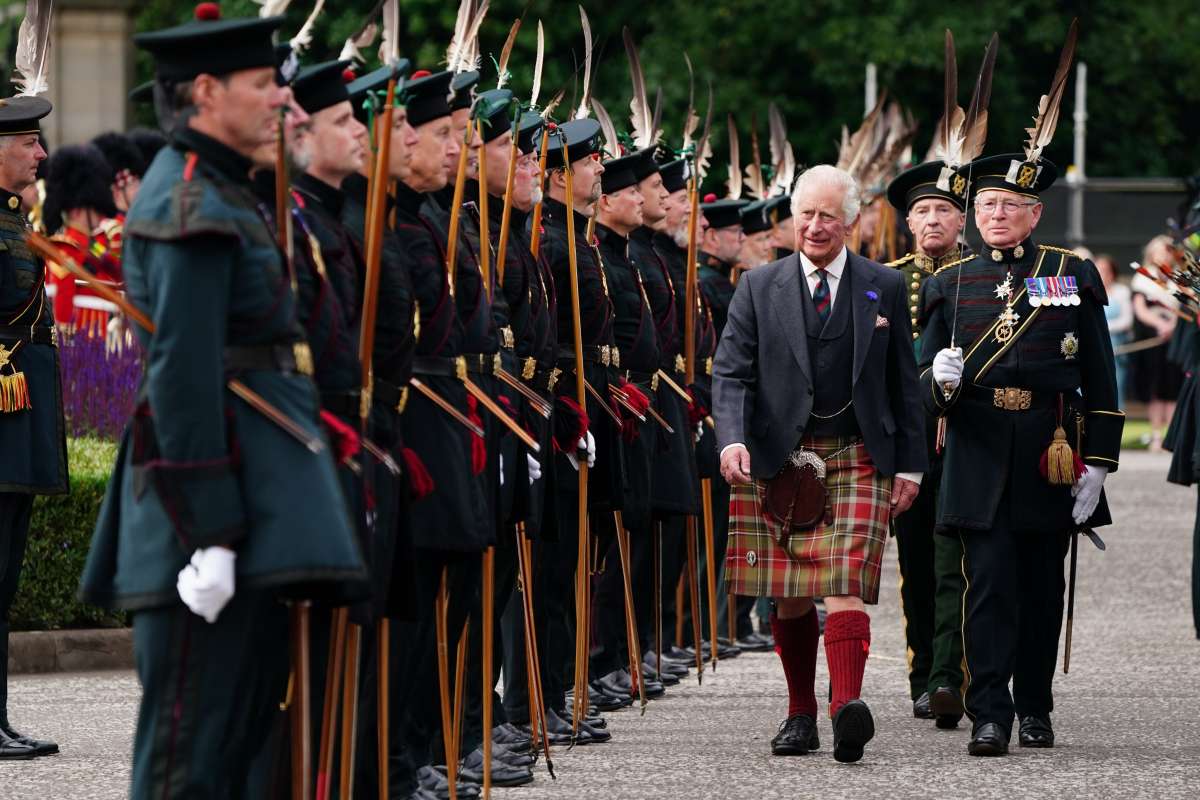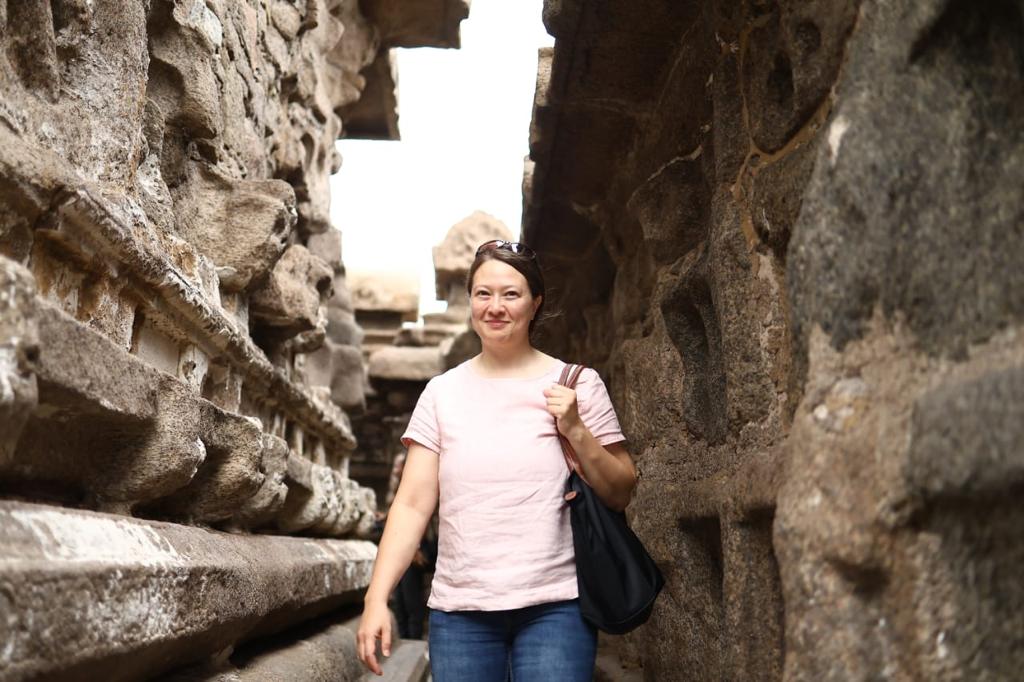British politicians like to talk about our shared past. What they mean is the past that puts the British empire in the best possible light but very far from the true, and much more complex, past, writes Mihir Bose
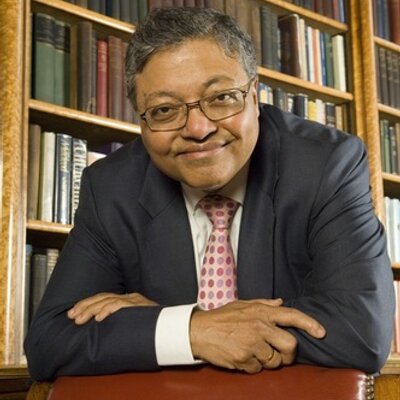
When I arrived in this country in 1969 I was told the empire was not something the British thought much about. It was the past that no longer mattered. I doubted it then and since then nothing has happened to make me change my mind that the empire still means a lot to the British. This was well demonstrated when Charles was crowned with much made about how the British monarch was still the head of state of many former colonies bolstered by opinion polls showing how a majority of the British think their empire had been a force for good.
What has changed since I came to this country is the former subjects of the empire and their descendants, both black and brown, no longer see it as a benevolent empire let alone one that civilised their ancestors as the empire claimed was its noble mission. And many of them are quite keen that their view of the history of the empire should be told.
Erik Linstrum’s Age of Emergency certainly tells us a story of the empire that has not previously been told, or, at least, not in such graphic detail. It shows how the withdrawal from Malaya, Kenya and Cyprus in the 50s and 60s was very far from peaceful and the British claim that the violence that occurred was all the fault of the people who opposed British rule is a gross distortion of the historical truth. Eric Hobsbawn the noted historian wrote that the scale of killings in sites in Kenya would have been described by nineteenth century observers as massacre. What makes Linstrum’s book distinctive is that his book is not the history of what happened in these three colonies, although there is reference to it, but how the British at home lived in a state of ignorance about the violence their fellow Britons were inflicting on people they called “wogs” and “nignogs”.
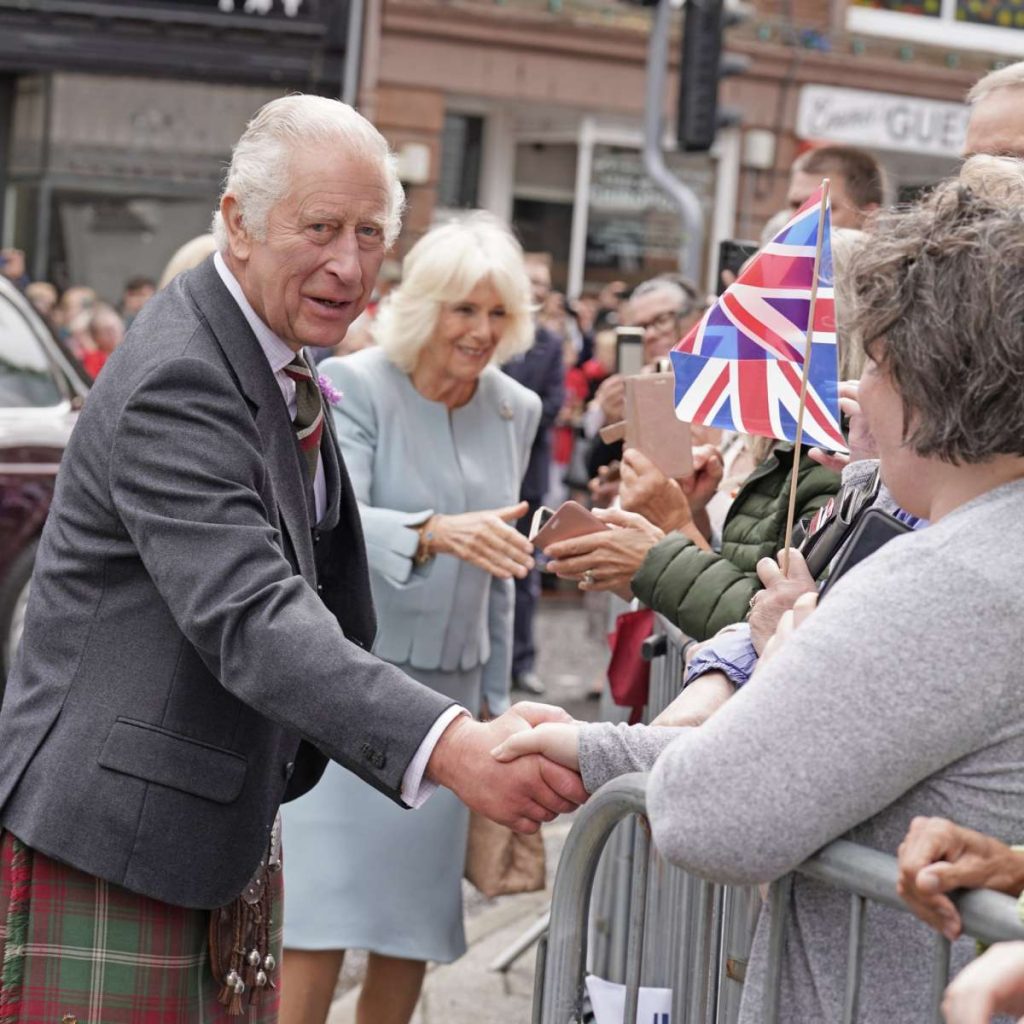
A few Britons did try to inform their fellow citizens, but they were quickly silenced. When Peace News and the Daily Worker tried to bring atrocities to the attention of the British at home many public libraries banned them. The police in St. Leonards-on-Sea in Sussex seized copies of Gangere, a publication that described the 1959 Hola Camp massacre in Kenya. In London the British Transport Commission forbade John Calder, the left-wing publisher, from posting tube advertisements for Gangrene that promised “the truth about the Kenya prison camps”. Only the title and the price could appear on the advert.
Even more damming is that vast sections of British society very willingly conspired with the British state to hide the evidence of brutality and violence from the British public. This included the church, the media and even the British Red Cross. The Archbishop of Canterbury, Geoffrey Fisher, visited Kenya in 1955 and was happy to be portrayed as supporting the efforts of the British colonial powers to put down what they saw as the savage and un-Christian Mau Mau rebellion. Fisher also privately promised the British government that he would use his influence to dampen down discussion by churchmen about the violence of the colonial forces in Kenya. When the Daily Worker printed a letter detailing atrocities in Kenya, Fisher was critical of the editor as he felt that he should “privately” talk to the authorities as “that is a far more useful and responsible thing to do than to publish a letter of this sort in his columns”.
Not that the British press needed any advice to keep quiet about the atrocities. Oliver Woods the Times man in Kenya recorded many instances of violence against the rebels but none of this made the Times but formed part of a Confidential Memorandum File on Kenya. The Guardian correspondent Nancy Crawshaw admitted that unpublished cases of brutality were “far worse” than the ones featured in her stories. Even Kingsley Martin, the legendary editor of the New Statesman, despite claiming his magazine was “one of the textbooks of colonial liberation”, decided not to publish letters from Africans describing beatings, rapes, and other abuses suffered at the hands of the security forces. It is Linstrum, going through the News UK archives, the Crawshaw papers and the New Statesman archives, who has revealed them when any journalist worth his or her salt should have been eager to break such stories.
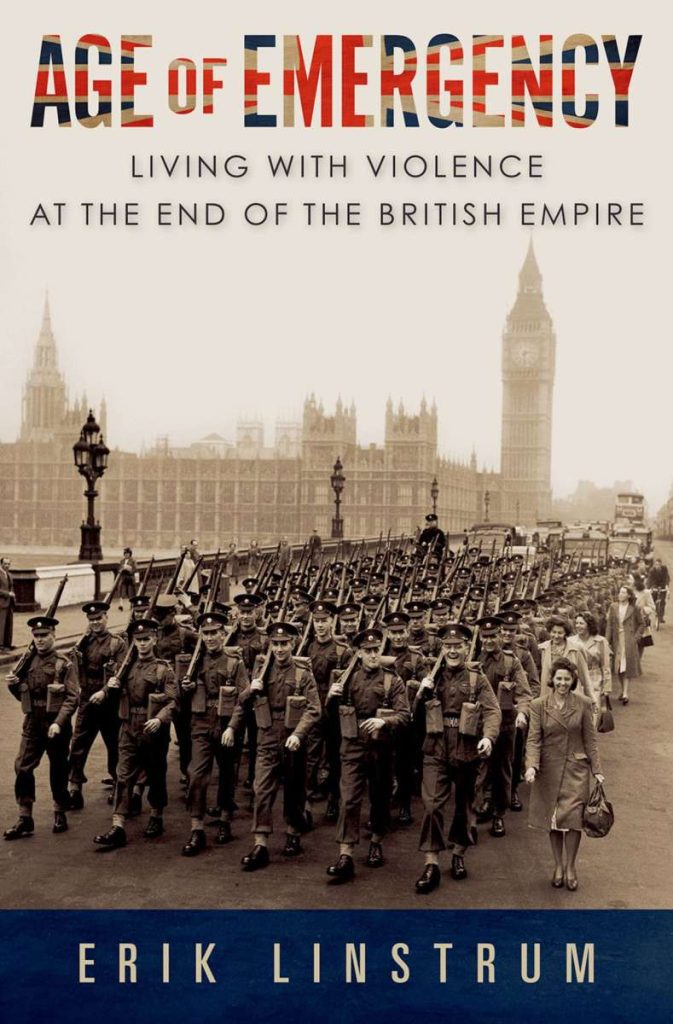
Perhaps the most shocking thing is that the British Red Cross was also complicit in this omerta, silence. As Linstrum puts it, “the British Red Cross amassed detailed reports about abuses by British authorities, kept them from the pubic, and did nothing to rein them in behind the scenes. On the contrary, BRCS higher-ups worked energetically to airbrush the image of the counterinsurgency, thwart investigations by non-British “outsiders” and chip away at the protections which existed for the benefit of the detainees.” So complicit was the British Red Cross that an official of the International Red Cross commented in 1955, “I do not see a difference in the position of the British Red Cross and the position, 20 years ago, of the German Red Cross concerning the Concentration Camps in Germany.” Nothing could be more damming.
Linstrum brings out this story well. But as he points out it was only in 2006, more than half a century after the events, that books by historian David Anderson and Caroline Elkins on the Kenya Emergency moved colonial violence, long a neglected subject, as worthy of scholarly attention. It has since resulted in the British government establishing a fund of £20 million for the benefit of survivors in Kenya and a settlement of £1 million for Cypriot torture victims.
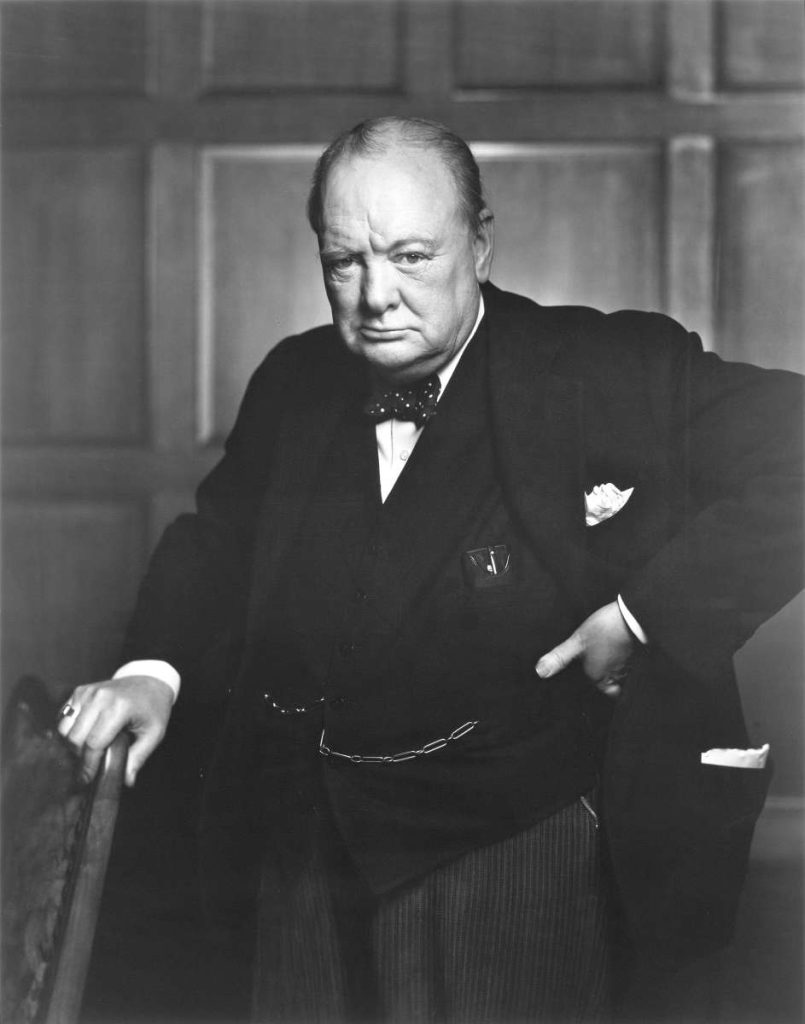
But how much of this will lead to a true excavation of a troubled imperial history remains doubtful. Winston Churchill famously said, “ If you wish to understand the future, then you have to understand the past.” Churchill wrote a history of the second world war as soon as the war finished, getting privileged access to war documents, in order to make sure that by claiming the authorship of the past he would shape the future. He has largely been successful. We need to know and understand not one man’s version of the past but a much more rounded version and that must start by accepting that the history of the empire we have had so far has largely been the story as told by the conquerors. This far from being the complete story is a very distorted view of the past. As long as a fuller picture is not presented, let alone the future even the present will continue to be difficult and divide us. This book is a start, but we need more such books about the imperial past. British politicians like to talk about our shared past. What they mean is the past that puts the British empire in the best possible light but very far from the true, and much more complex, past.
Erik Linstrum Age Of Emergency Living with Violence At The End Of The British Empire Oxford University Press pg 313
ALSO READ-British scientist Jim Skea named new Chair of IPCC


